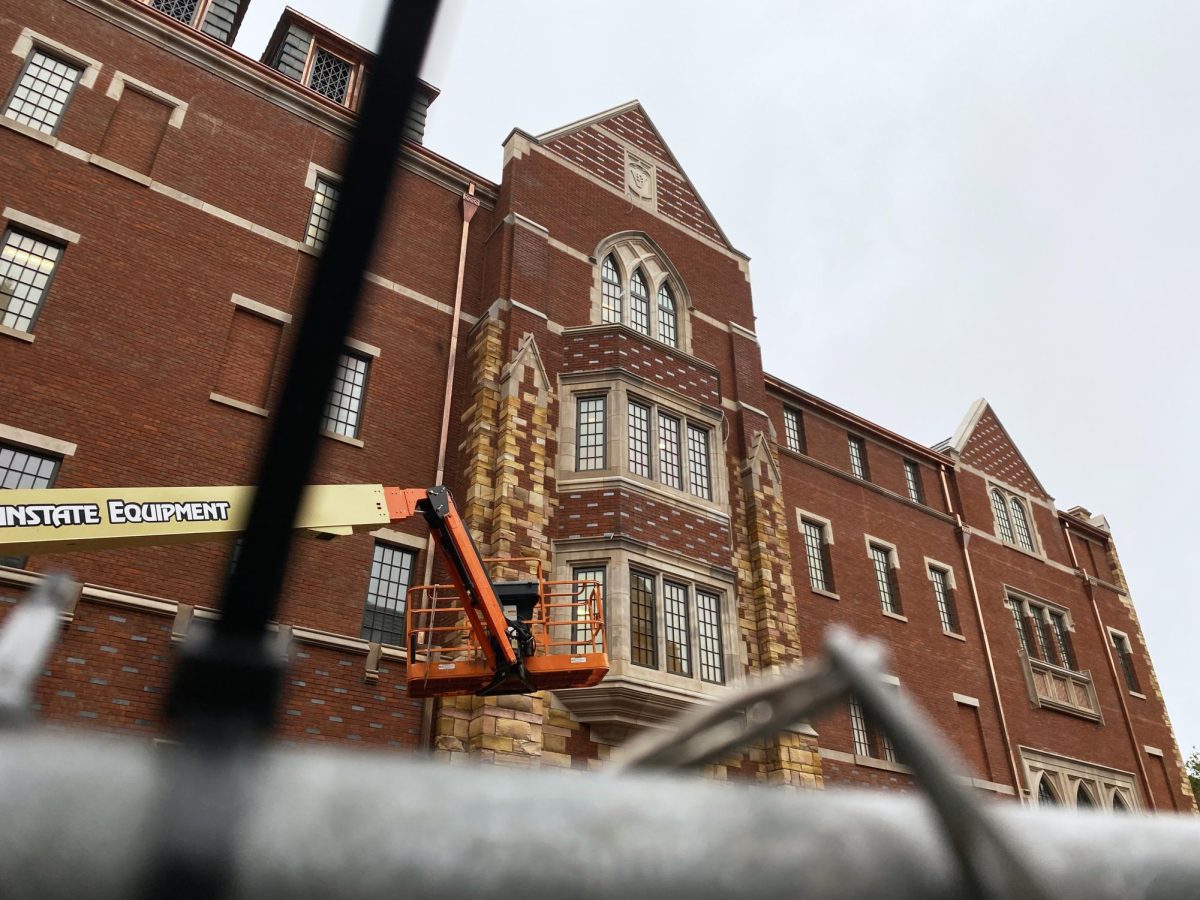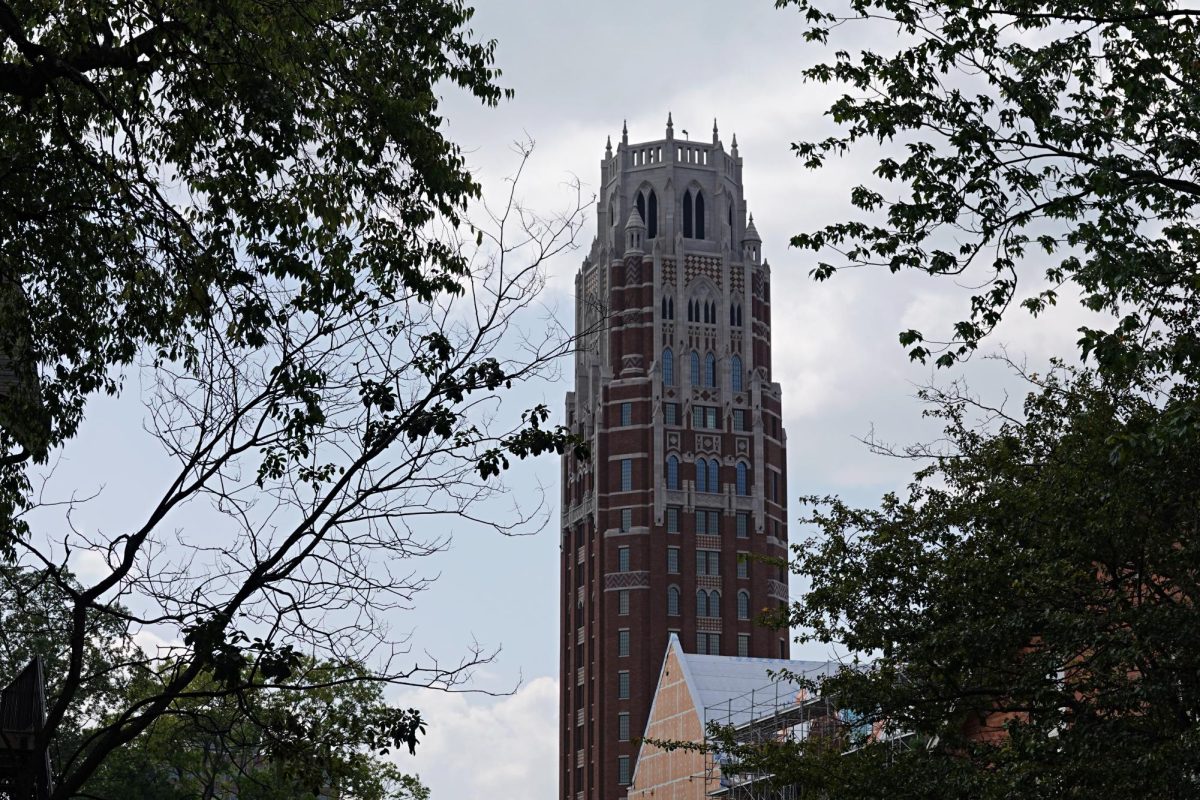Vanderbilt released a ‘first look’ featuring footage of the Vanderbilt I Solar Farm and announced that the project will soon be completed at its Bedford County, Tennessee location. The project was announced in 2020 and broke ground on Jan. 19, 2022.
“We wanted 100 percent of our electricity to be from renewable resources, but there was not an existing path forward. So, we had to create one,” Vice Chancellor for Administration Eric Kopstain said in the video.
According to Assistant Vice Chancellor of Environmental Health, Safety and Sustainability Andrea George, the Vanderbilt I Solar Farm will be completed within the next few months and will “mitigate” about 70% of Vanderbilt’s indirect Scope 2 greenhouse gas emissions. The power from the solar farm will be transmitted through the Tennessee Valley Authority grid. This project follows other universities that have implemented solar farms as a source of renewable energy, like Cornell University which completed its sixth solar farm in 2020.
“It [the solar farm] shows that universities can play an important role in moving the dial forward to more sustainable forms of energy, and that these solutions can be done in a cost-effective way that will make a significant impact,” George said in a message to The Hustler.
According to George, the project has been entirely funded and operated by Silicon Ranch, a Nashville-based solar energy company. George added that it comes as a result of a partnership between the university, the TVA and Nashville Electric Service.
“This partnership serves as a model of collaboration that other organizations within our region and beyond can replicate to make long-term changes to our environment, thus magnifying the impact of our project.”
The Vanderbilt I Solar Farm is a part of the wider FutureVU plan to make the university carbon neutral and power the entire campus with renewable energy by 2050. FutureVU is the University’s sustainability and land development planning program, part of the Academic Strategic Plan. George said the University met its goal of achieving carbon neutrality in 2020, but is still working to commit to renewable energy through other projects, like increasing green spaces on campus and reducing waste production.
“Vanderbilt I Solar Farm is an innovative project that will bring the university closer to the goal of powering campus entirely through renewable energy,” George said.
Another solar farm, set to be built in late 2023 by Silicon Ranch in Tullahoma, Tennessee, is expected to offset the remaining 30% of Vanderbilt’s greenhouse gas emissions. The project in Tullahoma will produce over 125 megawatts of solar energy, most of which will be received by Metro Nashville as a part of the city’s goal of only using renewable energy sources by 2041.
“Sustainability is a core theme in all of our FutureVU efforts and will continue to be going forward,” George said.
According to George, Vanderbilt I Solar Farm will be accessible to faculty and students for educational and research opportunities. George cited the BlueSky Energy Vision Study as an example of FutureVU’s inclusion of input from faculty and students in their projects, which was a 10-month FutureVU study in 2018 that led to the creation of the University’s sustainability goals including the solar farms.
Senior and President of Students Promoting Environmental Awareness and Responsibility Andrei Olaru said he was excited about the new solar farm.
“Future generations of Vandy students are going to be using campus amenities renewably, so it’s a big stride in campus sustainability,” Olaru said in a message to The Hustler.
While Olaru praised Kopstain and FutureVU’s work on the project, he also criticized Chancellor Daniel Diermeier’s opposition to other sustainability policies, specifically fossil fuel divestment.
“I think Chancellor Diermeier, whose university policies have deteriorated student quality of life and coldly chased USNews rankings, has a lot to learn from Mr. Kopstain and peers,” Olaru said. “Their work comes from a core of humanity and empathy; the Chancellor gets petty when students ask that their money doesn’t get redirected towards hundreds of millions of dollars of fossil fuel assets.”












